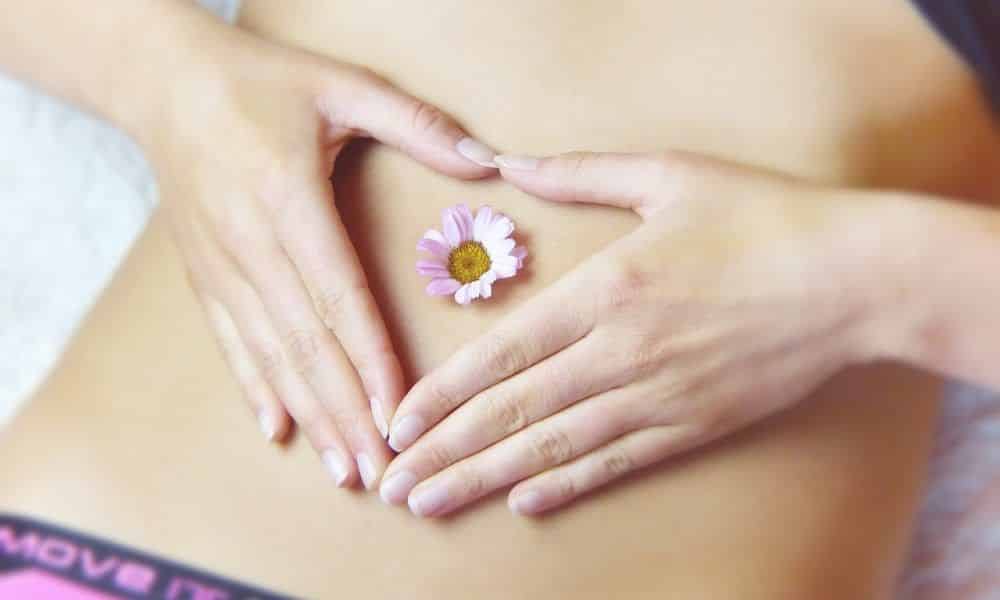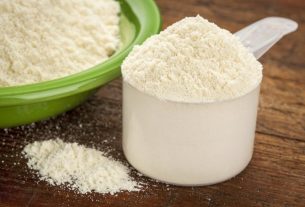What is ovulation? This is the period in which the egg is expelled from the follicle in which it was produced and becomes available for fertilization.
Every month we menstruate and we know clearly when this period arrives! However, many women don’t know when or what ovulation is. The greatest difficulty encountered in this issue is due to the objective imprecision of this day within the menstrual cycle.
However, ovulation is the exact period in which the egg is expelled from the follicle in which it was produced and, therefore, becomes available for fertilization. This moment, despite being very quick (around 24 to a maximum of 36 hours after the increase in luteinizing hormone, responsible for expelling the egg from the ovary), generates a fertility window of around 6 days.
Although ovulation only lasts a little over 2 days, the window of fertility is longer as a result of the long life of sperm within a woman’s body. Once inside the body, the sperm can remain there for up to 5 days. Therefore, even if the relationship took place outside the ovulation period, there is still a chance of fertilization.
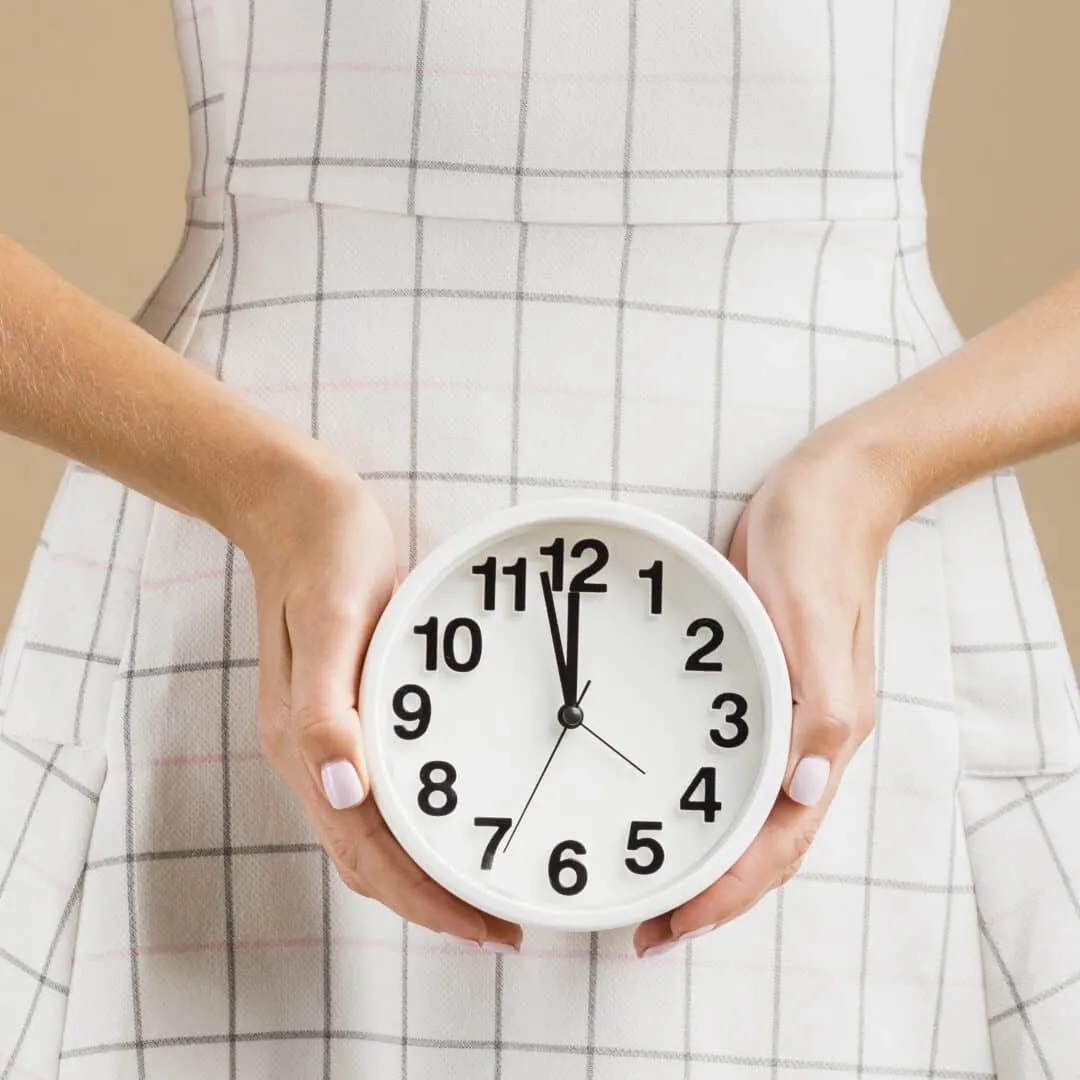
What is ovulation and how does it occur
Ovulation happens when the body expels the egg in the ovary and, therefore, opens the day with the greatest chance of fertilization by sperm. This occasion, although quick, can be accompanied by body signs that help in observing the stage of the menstrual cycle.
On average, 12 to 16 days before the next menstruation, depending on each woman’s period, ovulation occurs. However, for women who use the Billings Method, it is possible to monitor ovulation using basal temperature and interpreting the appearance of cervical mucus.
This monitoring through observation of mucus is only possible thanks to hormonal changes that put the entire menstrual cycle into operation. In other words, when there is an increase in estrogen, the mucus becomes viscous and colorless, similar to the appearance of egg white. This aspect means that you are in the fertility window and that ovulation is about to happen.
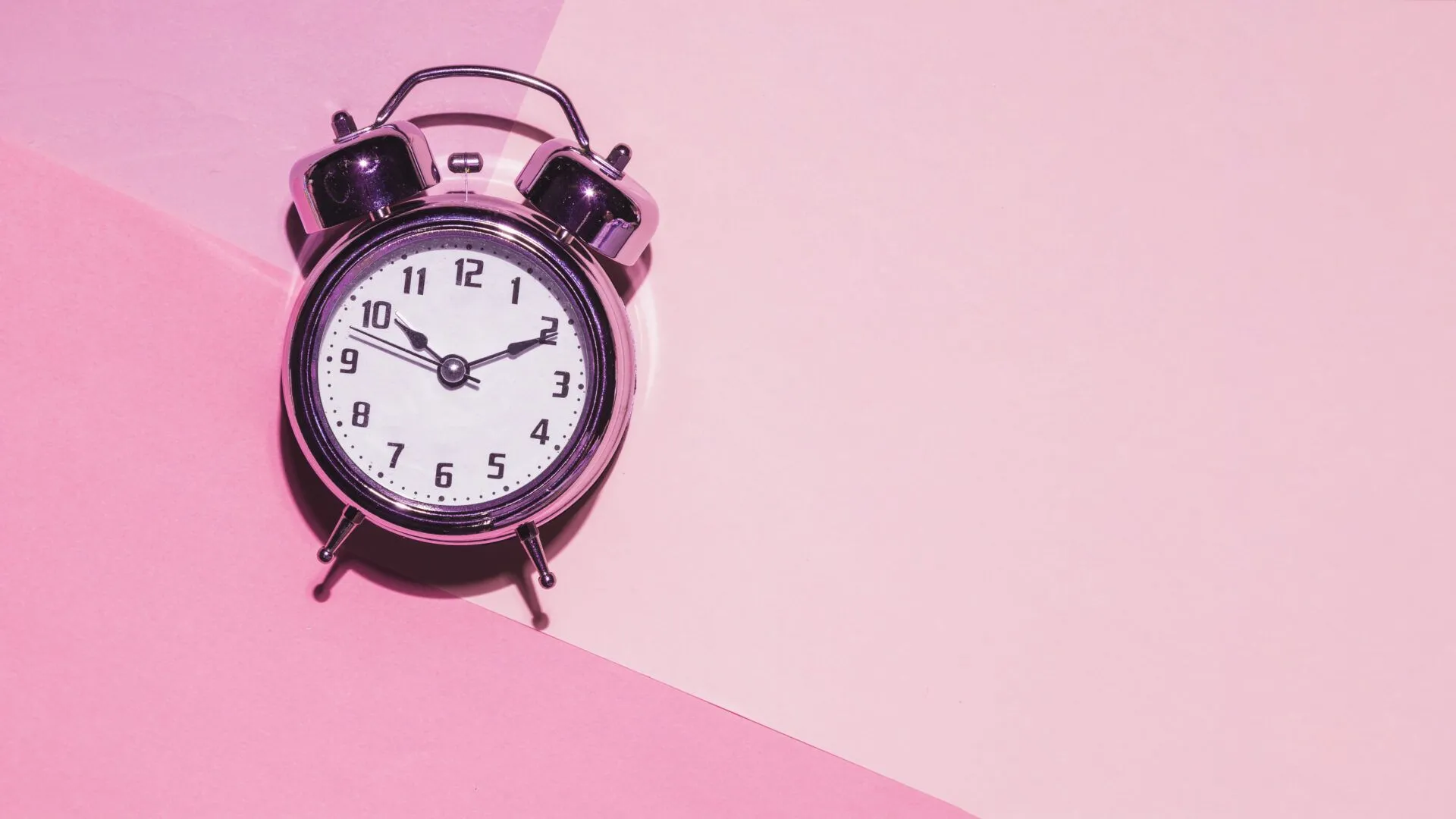
Monitoring ovulation
When the egg is not fertilized after ovulation, it degrades until it ends completely. In the place where the follicle detached, there is scarring called ‘corpus luteum’, responsible for the increase in progesterone production. When estrogen drops, there is a rise in progesterone that maintains the woman’s intimate lubrication, which becomes drier at this stage.
Then, there is a drop in progesterone again to start menstruation. Low progesterone causes the layers of the uterus, prepared to absorb a fertilized egg, to detach. When there is a high level of progesterone in the body, cervical mucus becomes more whitish. This way it is possible to differentiate each stage.
There are other ways to monitor ovulation, as this Billings method is more accurate for women who have been using it for a long time. There are tests for increasing luteinizing hormone on the market. This hormone is responsible for expelling the egg from the follicle, that is, a type of sac that produces the egg. Therefore, this hormone provides accuracy for fertility testing.
The fertile period
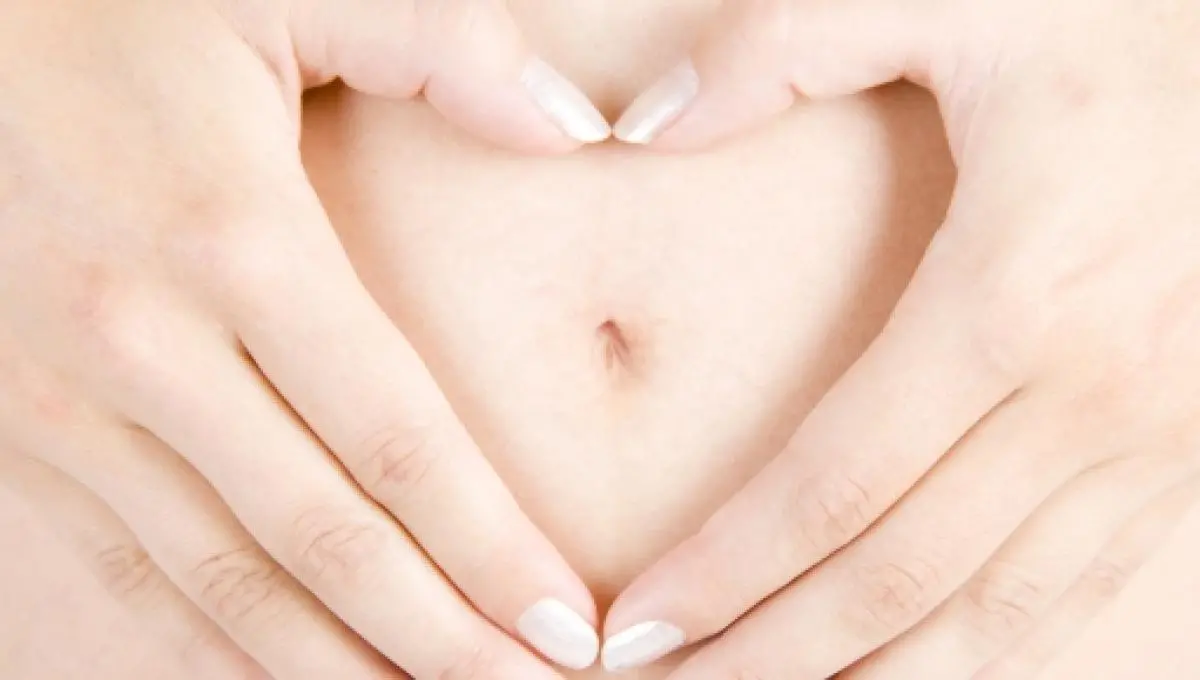
The fertile period can be calculated based on an average of 12 to 16 days before the next menstruation, however this average format by days does not guarantee accuracy, as each woman has her own menstruation period. There are cycles of 25, 28 or 30 days, however, it is always good to evaluate ovulation in other ways as well, so as not to cause unwanted fertilization.
If the egg has been fertilized, it leaves the tube and goes to the uterus, where it finds a thick endometrium, ready to receive the fertilized egg. This process takes approximately one to 12 days. If there is no fertilization, the egg degrades and begins a new cycle.
Now that you know how your ovulation works, how about learning about some vitamins that help with this process? It is always good to remember that as ovulation occurs through hormonal highs and lows, physical and emotional health, as well as nutritional balance influence the production of hormones. So always be up to date with your health.
Images: Zarllor, Freepik and Blasting News.
Sources: Clearblue; HelloClue; Your health; My life

Sign up for our newsletter and stay up to date with exclusive news
that can transform your routine!
Warning: Undefined array key "title" in /home/storelat/public_html/wp-content/plugins/link-whisper-premium/templates/frontend/related-posts.php on line 12
Warning: Undefined array key "title_tag" in /home/storelat/public_html/wp-content/plugins/link-whisper-premium/templates/frontend/related-posts.php on line 13

